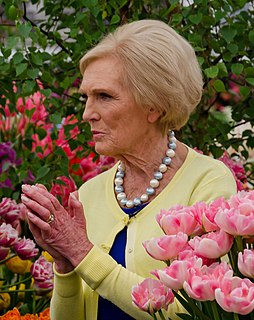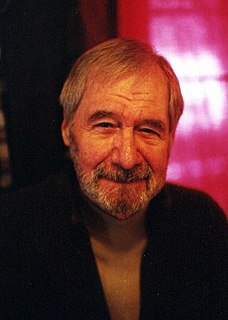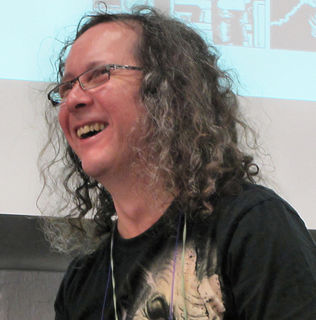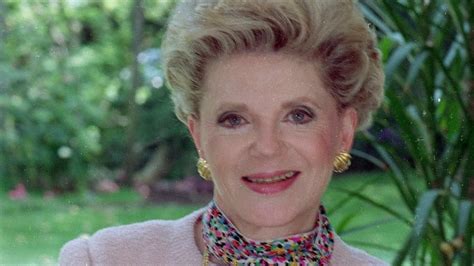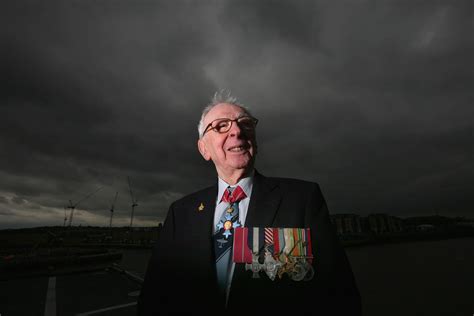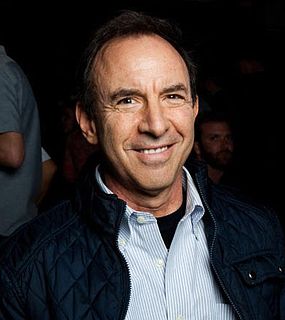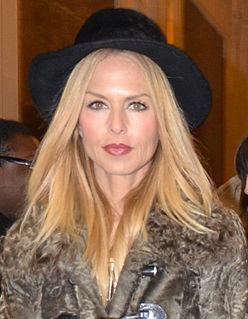A Quote by Richard Branson
I was interested in creating things that I could be proud of and so, you know, I was interested in being an editor of a magazine, things that I could be proud of, and so, you know, I was interested in being an editor of a magazine, but in order to be an editor of a magazine I had to become a publisher as well. I had to pay the bills. I had to worry about the printing and the paper manufacturing and the distribution of that magazine.
Related Quotes
My very first venture was a national student magazine to try to campaign against the [Vietnam] War. And so I wanted to be an editor. I wanted to bring the magazine out. And in order for the magazine to survive I had to worry about the printing and the paper manufacturing and the distribution. And, you know, I had to try to, at the end of the year, have more money coming in than going out.
I was co-editor of the magazine called The Jazz Review, which was a pioneering magazine because it was the only magazine, then or now, in which all the articles were written by musicians, by jazz men. They had been laboring for years under the stereotype that they weren't very articulate except when they picked up their horn.
The editor needs to put his own life on hold for the better of the magazine, the crew, and the readers. And to have a bigger vision of the magazine's style and an understanding that every [issue] should be well-balanced and hopefully surprising. To have a pink wall with a door of perception where he can bang his head on.
My last point about getting started as a writer: do something first, good or bad, successful or not, and write it up before approaching an editor. The best introduction to an editor is your own written work, published or not. I traveled across Siberia on my own money before ever approaching an editor; I wrote my first book, Siberian Dawn, without knowing a single editor, with no idea of how to get it published. I had to risk my life on the Congo before selling my first magazine story. If the rebel spirit dwells within you, you won't wait for an invitation, you'll invade and take no hostages.


